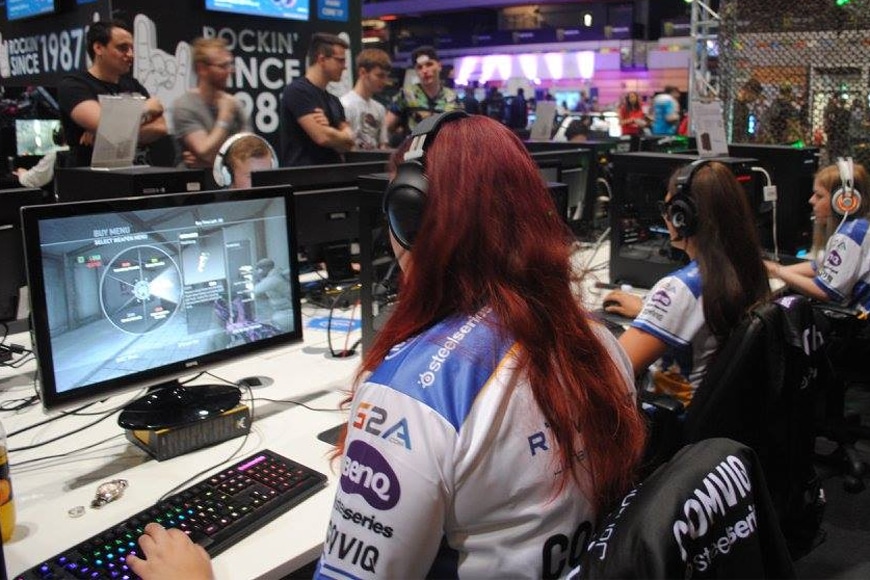Guest post
It’s no surprise to learn that millennials enjoy esports just as much – if not more than they like physical sports.
A new study by Kleiner Perkins on Internet Trends has shown exactly this. Many men and women between the ages of 21-35 can’t get enough of esports, and may well enjoy them more than the traditional/physical equivalents.
Is esports rivaling physical sports?
Essports is a huge digital phenomenon that’s here to say. We’ve seen other industries like gambling embrace the digital world too, and it’s particularly evident in today’s online casinos, which are quickly replacing their offline cousins.
It’s clear that esports offer different benefits from offline games, but perhaps the difference isn’t as much as you might have thought? For example, one of the reasons why men and women enjoy team sports is the social aspect of the game.
With esports offering leaderboards, multiplayer games, chat functionality and social sharing, the social benefits of esports might well rival the feeling of running around the same shared pitch or court.
There’s also a real focus on the difference between non-millennials and millennials in terms of fitness. While 56% of non-millennials preferred physical sports to any online versions, the split was exactly equal in millennials – 27% apiece.
Could it be that the older generation puts more of an emphasis on keeping fit, and using sports as a form of exercise, while many in the younger generation don’t see sports that way, instead preferring to hit the gym, or perhaps not thinking about it at all?
The Active Lives Survey shows that more than a quarter of adults are seen as ‘inactive’ which means they carry out less than 30 minutes of activity per week. These adults would not be interested in playing sports for exercise purposes, making esports a perfect activity for them to choose instead.
What else does esports offer?
The convenience of essports can’t be ignored either. Many millennials are probably splitting time in a more extreme way than older generations are, between work, social commitments, family and health.
The idea of a weekly commitment to a sports game offline might seem difficult to some.
In contrast, esports could not be more convenient, allowing you to log in and out whatever time you have, and mobile gaming of course allowing you to play during your commute. It can feel like real ‘me time’ for the players, while physical sports can seem like a social commitment which quickly becomes a burden.
The future of esports
Esports are rivaling real sports in terms of following and popularity all over the world. There is even talk of creating a mobile gaming element of the Olympics 2024. After all, studies are showing that the quick thinking and problem solving (as well as motor skills) of esports players can actually rival the on-field players in games like American Football and more.
The Daily Mail reports that players can train up 14 hours a day and many teams have coaches. It’s an opportunity for players who love sports but might not be traditionally athletic to get involved in world-famous sports and the games and teams they have been following their whole lives.
Article contains affiliate links


